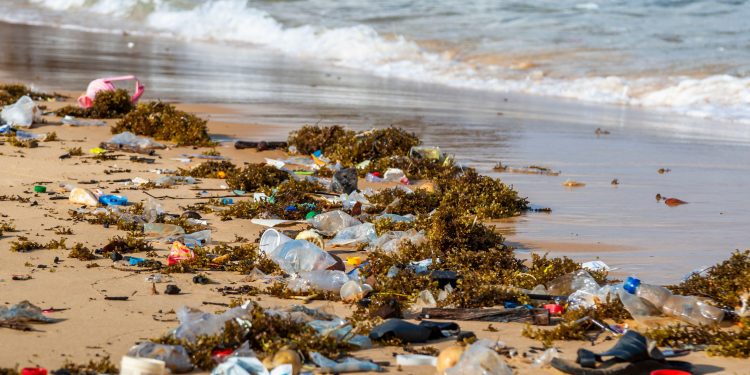By Mackie M. Jalloh
As the rainy season descends upon Freetown, Sierra Leone’s capital city, it brings not only relief from the dry season but also a host of environmental challenges that exacerbate year after year. From deforestation to inadequate waste management and drainage issues, the city grapples with a myriad of problems that threaten both its infrastructure and the well-being of its residents.
Deforestation and Tree Planting Efforts
Deforestation remains a pressing issue in and around Freetown, particularly in the Western Area Rural and Urban districts. The loss of forest cover not only diminishes natural habitats but also reduces the land’s ability to absorb rainfall, leading to increased runoff and soil erosion. Efforts in reforestation and tree planting initiatives by governmental and non-governmental organizations are limited, failing to keep pace with the rate of deforestation. This contributes significantly to the city’s vulnerability to flooding and landslides during heavy rains.
Waste Disposal and Management
Waste disposal in Freetown is a persistent challenge, particularly in densely populated areas where informal settlements lack proper sanitation infrastructure. The Freetown City Council (FCC) and other relevant agencies struggle with inadequate resources and infrastructure to manage waste effectively. Improper disposal practices lead to blocked drainage systems, exacerbating flooding during the rainy season. The build-up of solid waste in water channels impedes the flow of rainwater, causing it to overflow onto streets and homes.
Drainage Blockages and Flooding
Freetown’s drainage systems are often clogged with debris and solid waste, hindering their ability to channel rainwater effectively. The resultant flooding poses a significant threat to public health and safety, displacing communities and causing damage to homes and businesses. Despite efforts by the Environmental Protection Agency (EPA) and the Ministry responsible for addressing these issues, the challenges persist due to insufficient maintenance and inadequate investment in infrastructure.
Governmental and Institutional Efforts
The Sierra Leonean government, through the EPA and the Ministry of Lands, Housing, and the Environment, has initiated various projects aimed at mitigating environmental risks in Freetown. These include awareness campaigns on waste management, tree planting initiatives, and periodic dredging of drainage channels. However, the impact of these interventions is often undermined by budgetary constraints, bureaucratic inefficiencies, and a lack of community engagement.
Conclusion
Addressing the environmental challenges in Freetown requires a holistic approach that combines effective governance, community participation, and sustainable development practices. Investments in reforestation, improved waste management infrastructure, and regular maintenance of drainage systems are crucial to mitigating the impact of heavy rains and promoting urban resilience. As Freetown continues to grow and urbanize, prioritizing environmental sustainability is paramount to safeguarding the city’s future against the ravages of climate change and unplanned urban development.
While efforts are being made by governmental and institutional bodies, more concerted action and sustainable strategies are needed to tackle the complex environmental challenges faced by Freetown during the rainy season.













